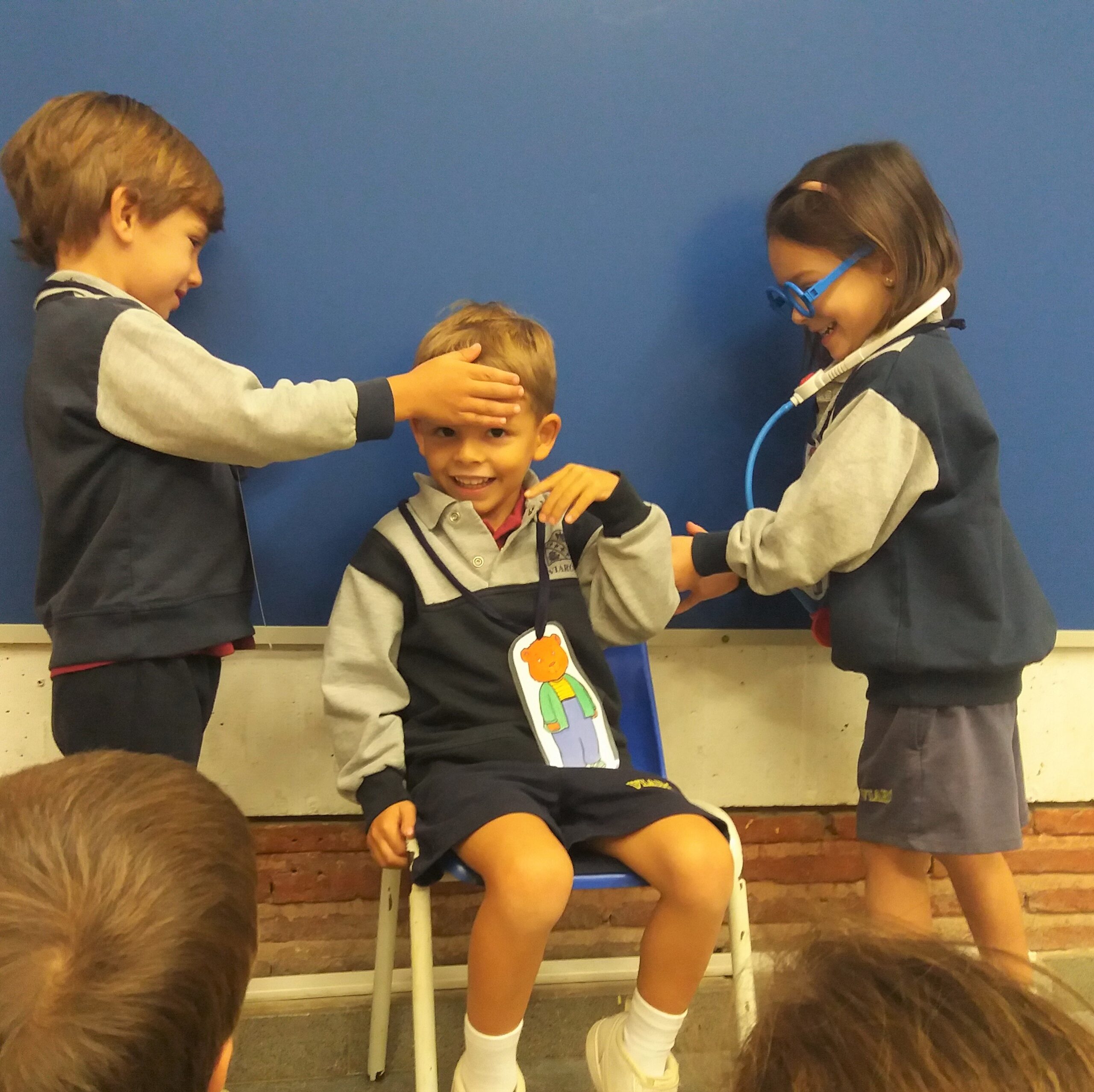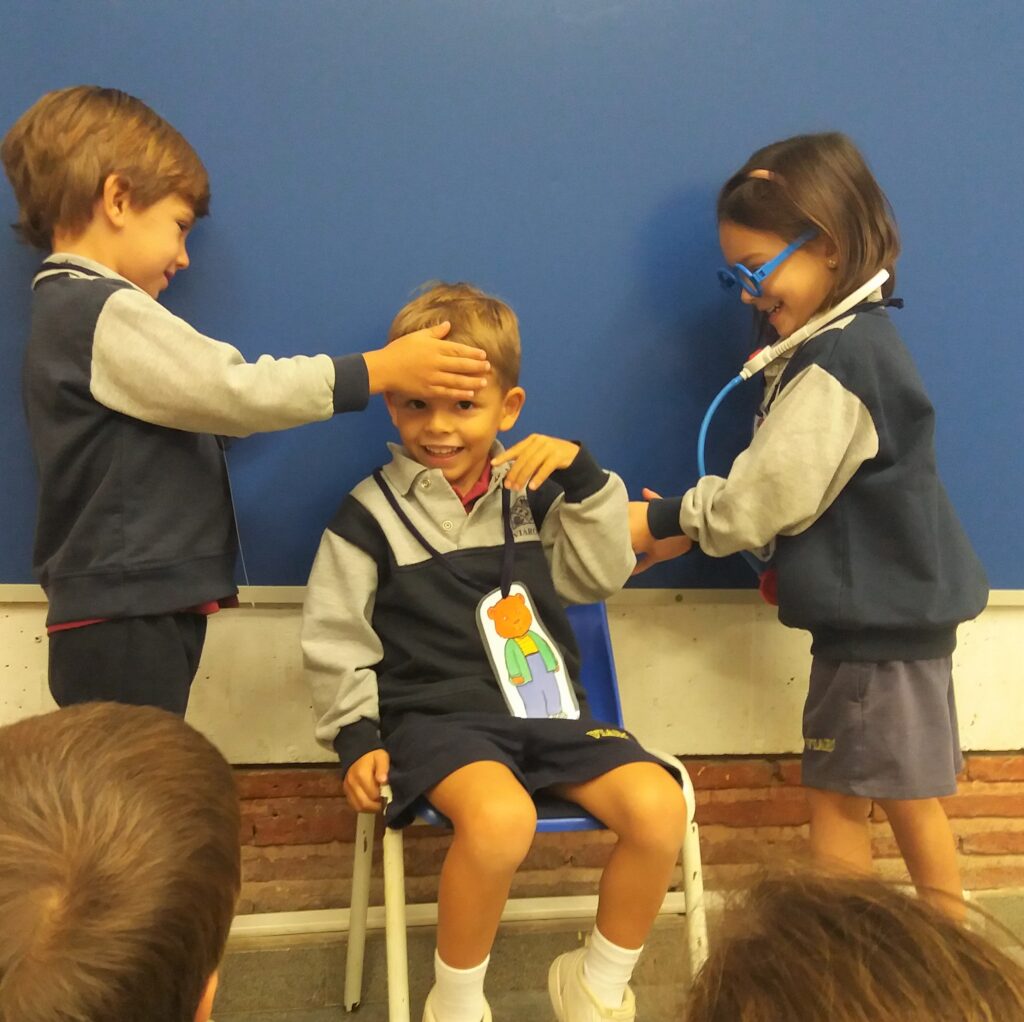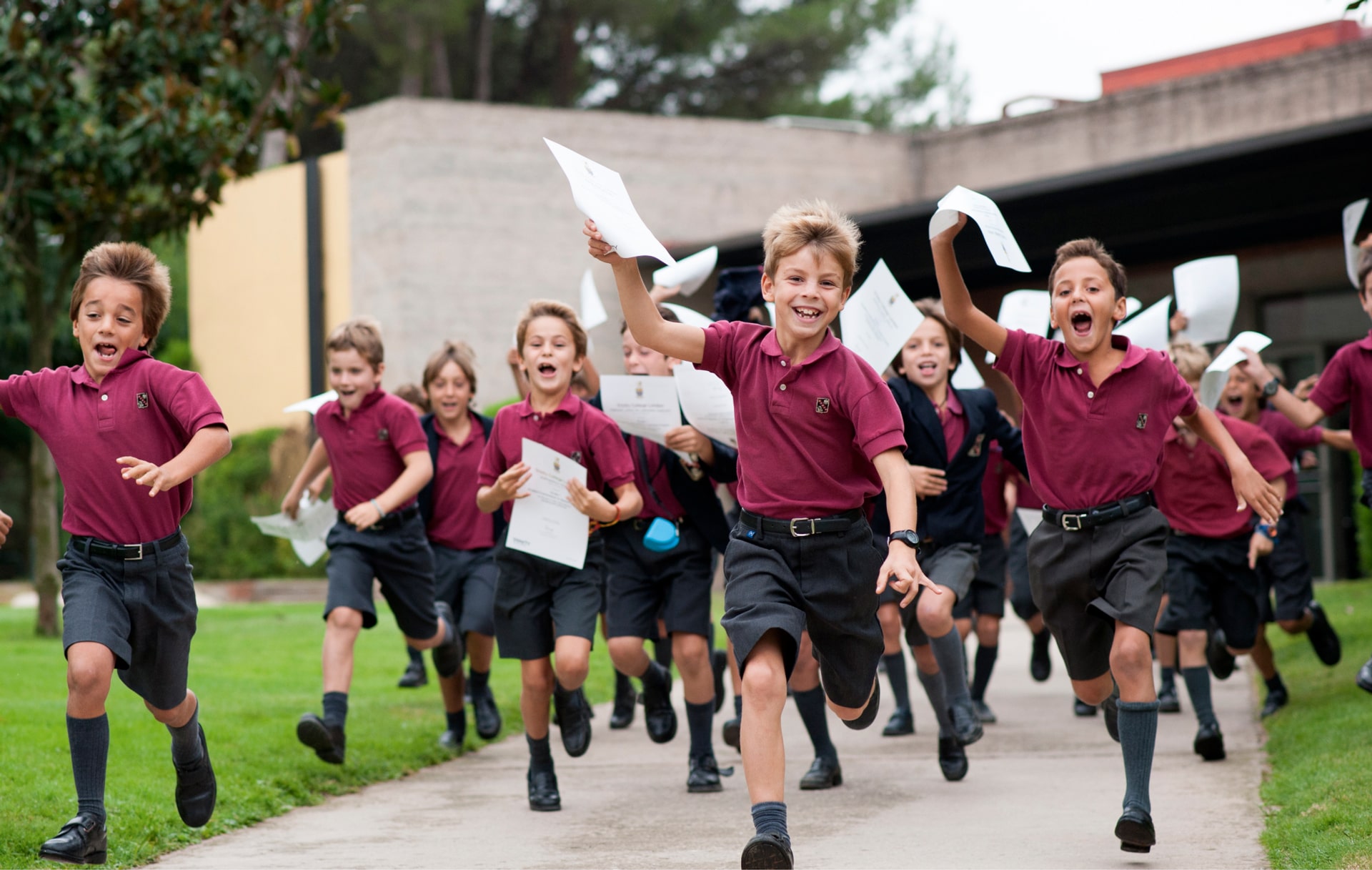
Artigal Methodology thinks an important part of learning any language is non-verbal communication. Without gestures, eye contact or facial expressions, it would be extremely difficult to learn any language. These signals give us context and allow us to continue to build on this context as they continue with their learning.
Non-verbal communication is the transfer of information through the use of body language, including eye contact, facial expressions, gestures... For example, smiling when you meet someone conveys friendliness, acceptance and openness. We all use non-verbal communication constantly, whether we are aware of it or not.
Non-verbal communication relies on seeing and analysing physical movements, rather than using language to transfer information through written text, speech or sign language.
That is why at Viaró Infantil we consider it a necessary skill in the education of our pupils in order to introduce them to the competence of this basic language in everyday life. A great example of this is the Artigal Methodology we use in our school.
At the beginning of the term, students are introduced to stories during English class. The stories are explained with heavy clues, such as gestures and facial expressions. This allows the pupils to understand the context of the story, and, over time, the teacher will reduce the number of clues for the pupils and incorporate visual elements such as stories, letters, finger puppets... So that by the end of the term, the pupils can tell the story completely on their own.
The benefits of non-verbal communication are tools that we learn from a young age and that accompany us all our lives, using them in any area of daily life. Non-verbal communication is a way of communicating with other people whom we may not understand, and it applies to all languages. It is a powerful weapon and knowing how to use it gives us many advantages on an oral level, on an interpretative level, on a level of recognition of the environment, on an emotional level?
Other skills offered by the dramatization of stories with Artigal's methodology:
- Communication skills: Drama improves the verbal and non-verbal expression of ideas. It improves voice projection, articulation, language fluency and persuasive speech.
- Self-confidence: Taking risks in class and performing in front of an audience teaches students to have confidence in their ideas and abilities. This confidence will be applied in almost all aspects of their future.
- Imagination: In a world addicted to technology, theatre provides an outlet for making creative choices, thinking about new ideas and interpreting material expressively, which is the essence of theatre.
- Empathy and Tolerance: Acting out roles from different situations, times and cultures foster compassion and tolerance for others.
- Cooperation/Collaboration: Theatre combines the ideas and creative abilities of its participants.
- Concentration: Playing, practising, and performing develops sustained concentration of mind, body and voice that helps in other areas of life, including school.
- Problem-solving: Students learn to communicate to the audience the who, what, where, when and why. Improvisation encourages quick-thinking solutions, leading to greater adaptability in life.
- Fun: Theatre brings play, humour, and laughter to learning; this improves motivation and reduces stress.

- Confidence: Social interaction and risk-taking in theatre build confidence in oneself, others, and the process.
- Memory: Rehearsing and acting out words, movements and cues strengthens this skill like a muscle.
- Social awareness: The legends, myths, poems, stories, and plays used in drama teach students about social issues and conflicts in cultures past, present and around the world.
- Aesthetic appreciation: Participating in and watching theater increases appreciation of this art form. It is important to raise a generation that understands, values, and supports the place of theater with a view to the beauty of art.This is how much we learn through explaining stories!
Sara Garcia
English Teacher




CONTÁCTANOS
VIARÓ GLOBAL SCHOOL
Av. Alcalde Barnils, nº2
08174 Sant Cugat del Vallès
Barcelona